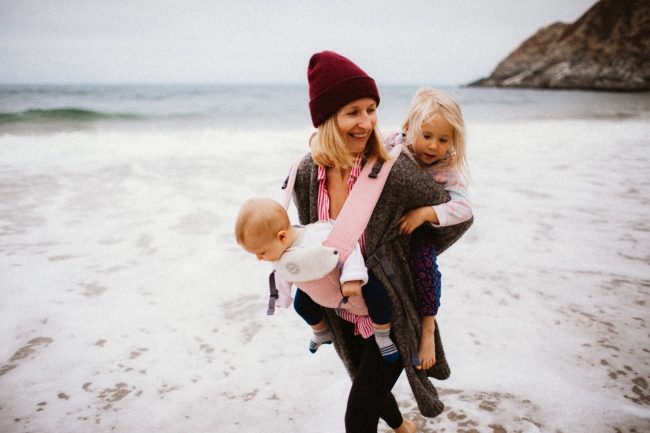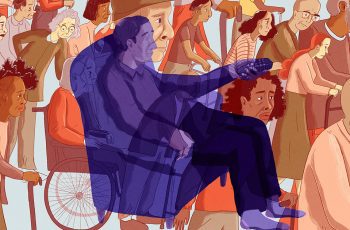Our children are our world, the reason why we fell in love with life. When I became a parent, I understood the meaning of life.
I also understood the irrational urge to splurge on toys and clothes. However, I might have finally found a reason to stop.
If you are like me, rushing around just to get tons of gifts for your children for Christmas, slow down for a minute and read this- apparently, scientists indicate that too many toys might make them less happy.
It might sound illogic at first, but according to childhood development researcher, Clair Lerner, children who are given too many toys, in fact, play less, as they distract them and cause concentration loss.
Michael Malone, a professor of Early Childhood Education at the University of Cincinnati, agrees, as his findings indicate that fewer and better toys help kids develop valuable life skills like cooperation and sharing. On the other hand, too many toys might lead to more solitary play.
So, instead of buying a lot of toys for your children, give them your time.
A study conducted at Oxford University, involving 3,000 children, aged 3-5, showed that their academic success is more influenced by the home environment and the involvement of their parents, than the electronic devices or toys they have.
Kids whose parents spend more time with them, and had fewer toys and no electronics, were far more socially and emotionally developed and did better at school.
When parents spend more time with their children, they contribute to a healthier parent-child relationship, with children wanting to cooperate. These benefits continue later in life, and make teenage years go more smoothly.
A study, published in Infant Behavior & Development, suggests that when children are in an environment with fewer toys, they have a happier, healthier playtime.
The study involved 36 toddlers aged 18-30 months for half an hour in two different playrooms: one with four toys and the second with 16 toys.
When in the room with fewer toys, kids were more creative and actively involved, and explored different ways to use the same toy.
Researchers concluded:
“This suggests that the other toys present may have created a source of external distraction, provoking the participants to abandon play with a toy at hand to explore another.”
Additionally, studies conducted by Thomas Gilovich, a psychology professor at Cornell University, indicate that happiness comes from experiences, not things. When kids receive experiences instead of objects, they are more generous and grateful.
Therefore, forget about your wallet, and start having fun with your little miracles!
If you know someone who might like this, please click “Share”!





